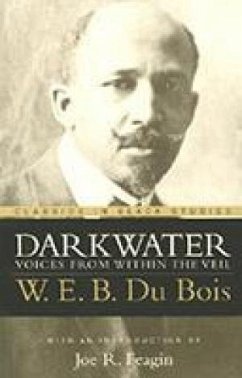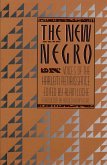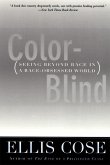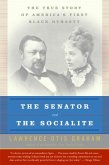First published in 1920, this groundbreaking work by the pioneering African American scholar W. E. B. Du Bois is not only original and probing in its brilliant ideas but also experimental in presentation, ranging from detailed sociopolitical analyses to lyrical and poetic presentations. After an opening autobiographical essay, Du Bois launches a series of critical commentaries on some of the most important issues pertaining to white-black relations. Perhaps the most provocative of these, titled "The Souls of White Folk," presents the first major analysis in Western intellectual history of white identity and the meaning of whiteness. In a trenchant assessment he explores the arrogance of the white perspective that tries to "make children believe that every great soul the world ever saw was a white man's soul." Many of his criticisms, in this essay and in others, of a world social and economic system that marginalizes people of color still resonate today, especially in debates over globalization. Another still very relevant issue addressed in this book was the fate of Africa after colonialism. Du Bois was also farsighted in his advocacy of women's rights, in his emphasis on the critical importance of childhood education for all races, and in his critiques of an unjust economic system that concentrates power and wealth in the hands of a few. Complete with an insightful introduction by University of Florida Graduate Research Professor of Sociology Joe Feagin, this new edition of a classic work in Black Studies will make available to a wide audience the influential ideas of a leading African American scholar and advocate of reform.
Hinweis: Dieser Artikel kann nur an eine deutsche Lieferadresse ausgeliefert werden.
Hinweis: Dieser Artikel kann nur an eine deutsche Lieferadresse ausgeliefert werden.








